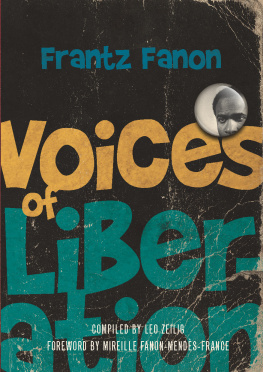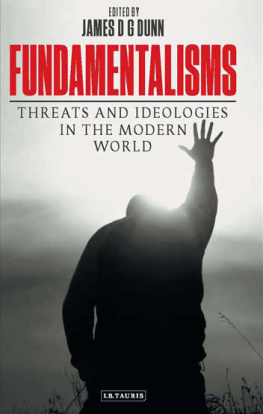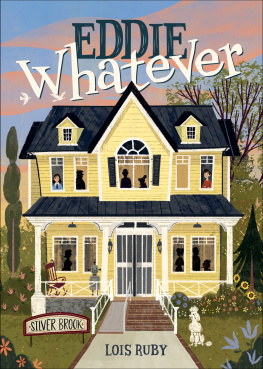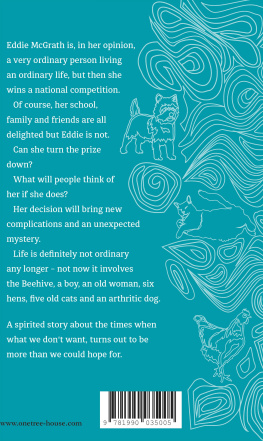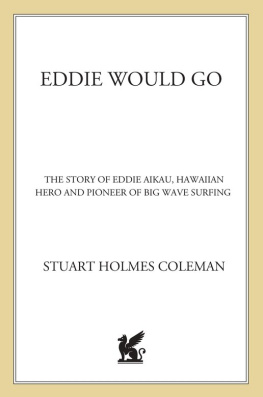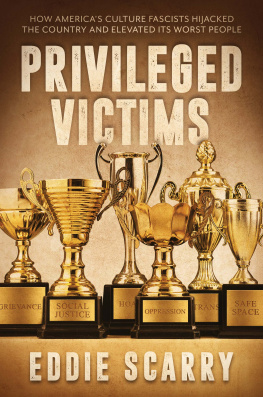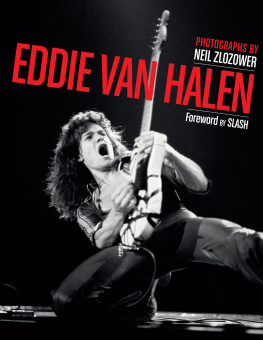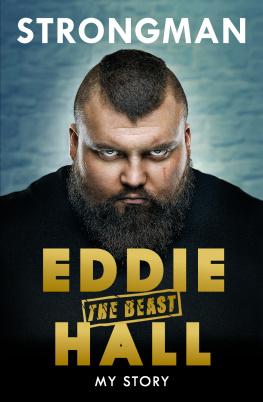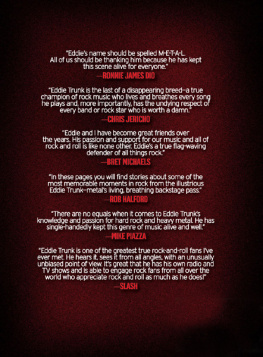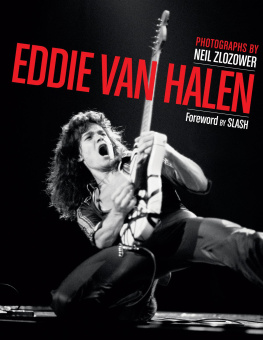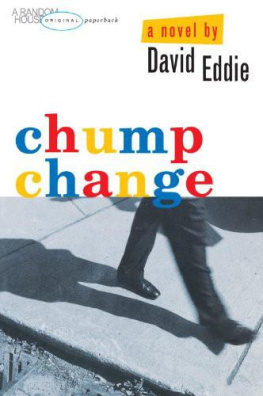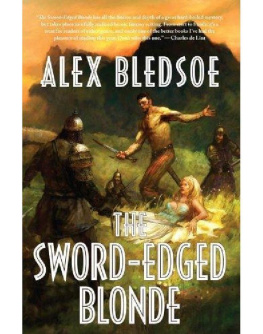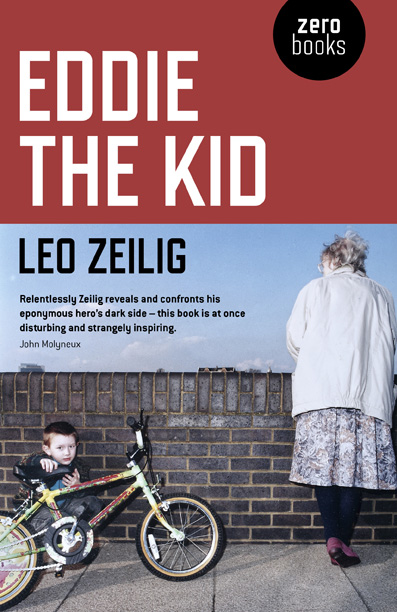WHAT PEOPLE ARE SAYING ABOUT EDDIE THE KID
Eddie the Kid is Leo Zeiligs gripping, vibrant and affecting story of political struggle and psychological upheaval. Written through a series of flashbacks and time shifts, with naked bravura, Eddie the Kid follows a family of political activists through generations from 1960s Chicago to the London protests in the run-up to the 2003 Iraq war. With brute honesty and tender compassion, Zeilig reveals a cast of compelling characters as damaged and flawed as the world they have set out to change. Charting relationships, resistance, domestic violence, inner conflict, repression, rigged courts, police brutality, street battles.... this is a humane and political novel for our times.
Nicola Field , author of Over the Rainbow
This is a powerful and unusual story of a revolutionary activist written with authenticity by someone who knows whereof he speaks. Relentlessly Zeilig reveals and confronts his eponymous heros dark sidethis book is at once disturbing and strangely inspiring.
John Molyneux , author of Will the Revolution Be Televised?
I dont know how Leo Zeilig did it. He created a wavering revolu- tionary, beset with juvenile tendencies and petty bourgeois emotion, and turned him into a wildly, implausibly, universal character. Eddies struggles with his conscience, the law, his family and his libido are hilarious and moving. Hes an Adrian Mole for the age of Occupy.
Raj Patel , author of The Value of Nothing
A brutally honest, often humorous and sometimes harsh look at the personal life of an anti-capitalist living under capitalism. This novel captures two generations of anti-war activists in their personal and political turmoil. Warts and all, Eddie is an appealing character and sharp narrator.
Colin Fancy , author of A Wheelie Bin Ate My Sister!
Eddie the Kid
Leo Zeilig

Winchester, UK
Washington, USA
First published by Zero Books, 2013
Zero Books is an imprint of John Hunt Publishing Ltd., Laurel House, Station Approach, Alresford, Hants, SO24 9JH, UK
www.johnhuntpublishing.com
www.zero-books.net
For distributor details and how to order please visit the Ordering section on our website.
Text copyright: Leo Zeilig 2012
ISBN: 978 1 78099 367 6
All rights reserved. Except for brief quotations in critical articles or reviews, no part of this book may be reproduced in any manner without prior written permission from the publishers.
The rights of Leo Zeilig as author have been asserted in accordance with the Copyright, Designs and Patents Act 1988.
A CIP catalogue record for this book is available from the British Library.
Design: Stuart Davies
The cover image was taken by Ben Joseph: www.benjosephphotography.com
Printed and bound by CPI Group (UK) Ltd, Croydon, CR0 4YY
We operate a distinctive and ethical publishing philosophy in all areas of our business, from our global network of authors to production and worldwide distribution.
To Gillian, Hannah and Maurice
About the Author
Leo Zeilig was, like Eddie, arrested at a demonstration on the eve of the Iraq war in 2002, but unlike Eddie, he is a researcher and has written widely on African politics and history. His books include a biography of Patrice Lumumba, Africas Lost Leader (Haus Books, 2008), and a history of social movements on the continent, Revolt and Protest (I. B. Tauris, 2012). His most recent book is African Struggles Today: Social Movements Since Independence , written with Peter Dwyer. Eddie the Kid is his first novel. He is currently writing his second, When I Was a Man . Leo lives in London with his partner and works at the University of London.
27 October 1968
Ad Hoc Committee
Briefing to all demonstrators
Street Power
We want no arrests.
Whatever happens, individual adventurist actions never improve the situation. Responsible collective action can only be taken by the mass of demonstrators as a physical whole. We minimize the chance of arrests when we make it impossible for the police to single out any individual. Self-declared martyrs, please note that the Committee has no lawyers and no money to get any!
Chapter One
Demonstrations
Halloween 2002
In the autumn I had my own flat, lined with half-read books. A suit jacket with torn elbows hung on my desk chair and posters in glass clip frames marked my activism. South Africa: One solution, revolution. BNP = British Nazi Party. Bush: #1 terrorist. I spent my days working in the library, my evenings in meetings. The first of two wars had just happened. Afghanistan was flattened, then liberated. Women came out of their burkas and unfurled their hair to the world. We demonstrated, put up posters, got arrested. The triumph of their first war heralded the second. Lies filled the air. The war before the war was a war against us.
I met Rebecca at the Halloween protests outside Parliament.
There were few nights like that one. We gathered in the still-warm streets on our way to Parliament Square. After an hour the square was almost full. It was a fancy dress party, with Halloween masks of Tony Blair and George Bush, plastic monsters and placards declaring a night of horror. A masked samba band drummed in front of Parliament. We were confident. Half-monster, half human.
Well scare them out of calling the war, shouted Mark over the beat of the drums. The square vibrated to the music. The crowd danced.
Unlike me, Mark Ridgeway was elegant, dressed from work in a suit with his white shirt unbuttoned at the top. I scrambled around him like an adoring fan, barely reaching his shoulders. My long, thin hair and round head a contrast to his thick, square jaw and shaved head. My eyes shrunken behind glasses, his wide and alert. There are ten thousand, he shouted. We held the two sides of the Tooting Stop the War banner, holding our poles high. The wind caught the banner like a sail as the samba band moved toward Whitehall.
Mark and I slowly began to follow the circus-crowd to Whitehall. A mohicaned, masked Blair leapt onto the statue of Churchill, took off his mask and strung it around the stones fat jowls. He swung around the statues head and sprayed Churchills hair green. In the twilight it felt as if we had taken over the city. The earth had released us, expelled its forgotten fantasies. We painted our fluorescent midnight on the hard concrete. The band leader visible twenty metres ahead of me commanded our slow progress towards Downing Street. He wore a mask, and on his chest, strap-on plastic breasts. I followed Marks lead and gyrated along the street. The crowd slowed down; a few hundred people sat on the ground. A chant started: Whose streets? The answer came: Our streets! Now more than a thousand of us were sitting down. The police were quickly erecting a barrier outside Downing Street: two metal fences and a line of police with shields and batons. They stood humourless and still.
A police camera crew filmed us.
An unmasked protestor pointed at them and shouted, Do you do functions as well? Can you do my mates wedding next week?
Drumming wont get us through, Mark said. We rolled up the banner. Mark was a lawyer, a clandestine professional who didnt look like us with our hoodies, jeans and backpacks. I liked that he didnt resemble an activistthat he cared about getting his clothes dirty. He provided equipment for the movement: megaphones, money for posters and glue. From his shoulder bag he pulled out a small loud-hailer.


